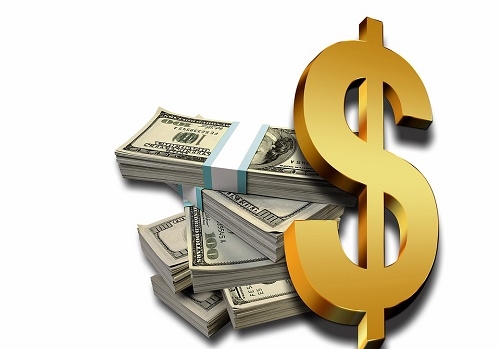
By Roger J Kerr

Global geo-political risk took an unexpected turn last week as the US retaliated with direct military action to the chemical warfare craziness in Syria.
The financial and investment markets reaction to the US missile attack on a Syrian air force base was immediate, however not long-lasting as there was no follow through military action by the US.
The typical “flight to safe haven” assets took place with the US dollar strengthening, gold and oil prices up, a stronger Japanese Yen and lower yields (higher price) in US Treasury Bonds.
The markets now await the next move in the muscle flexing and brinkmanship between the US, Russia and to a lesser extent China.
It was no coincidence the US President Donald Trump pulled the trigger for the missile strike amidst the meeting with Chinese President Xi.
The safe haven flows unwound quite quickly as the markets see that the US’s reaction as a one-off deterrence and not a full-scale military intervention in Syria.
As far as currency markets are concerned, periods of escalated geo-political tensions (always associated with the Middle-East) generally translate into a stronger US dollar against the major currencies.
Rather disappointingly, there was no mention of trade protectionism in the Trump/Xi exchanges, therefore the markets are none the wiser on how and when the US will implement Trump’s pledges in this area. Any US decisions on the trade front will be some months away as the Trump administration conducts a study on imported products and countries that are exploiting an “unfair” trade advantage over the US and causing the US trade deficit to increase.
The NZD has weakened against the US dollar to the lower end of its current trading range at 0.6930 due a sharply weaker Australian dollar.
As highlighted in recent columns, the only vulnerability the Kiwi dollar had to falling back below 0.7000 was following the Aussie dollar down.
Over recent weeks the AUD has reversed from 0.7700 to 0.7500 as metal and mining commodity prices head south again. Adding to the Aussie dollar selling pressure were comments from the RBA that wages increase remain very subdued in Australia and they did not see that changing this year.
Like the RBNZ, the RBA is firmly “on hold” with its neutral monetary policy settings, effectively ruling out interest rate increases for a long time and thus making the AUD less attractive as an investment destination. The NZD/AUD cross-rate has jumped back up to 0.9250 from lows of 0.9100 three weeks ago.
Despite a lower than expected US jobs number for March, the US dollar has not weakened as all other US economic data remains very robust. The USD has strengthened back to below $1.0600 from above $1.0800 against the Euro as the Europeans have clarified their monetary policy intentions of keeping zero interest rates for a long time yet.
I would not expect further Kiwi dollar weakness below 0.6900 as the economy is performing too well and dairy prices are looking better again. Provided the Aussie dollar stabilises after its recent sell-off, the NZD/USD rate should continue its current stability with no big reasons to buy or sell the currency and thus hover in and around 0.7000 over coming months.
Email:
Daily exchange rates
Select chart tabs
Roger J Kerr contracts to PwC in the treasury advisory area. He specialises in fixed interest securities and is a commentator on economics and markets. More commentary and useful information on fixed interest investing can be found at rogeradvice.com

We welcome your comments below. If you are not already registered, please register to comment
Remember we welcome robust, respectful and insightful debate. We don't welcome abusive or defamatory comments and will de-register those repeatedly making such comments. Our current comment policy is here.